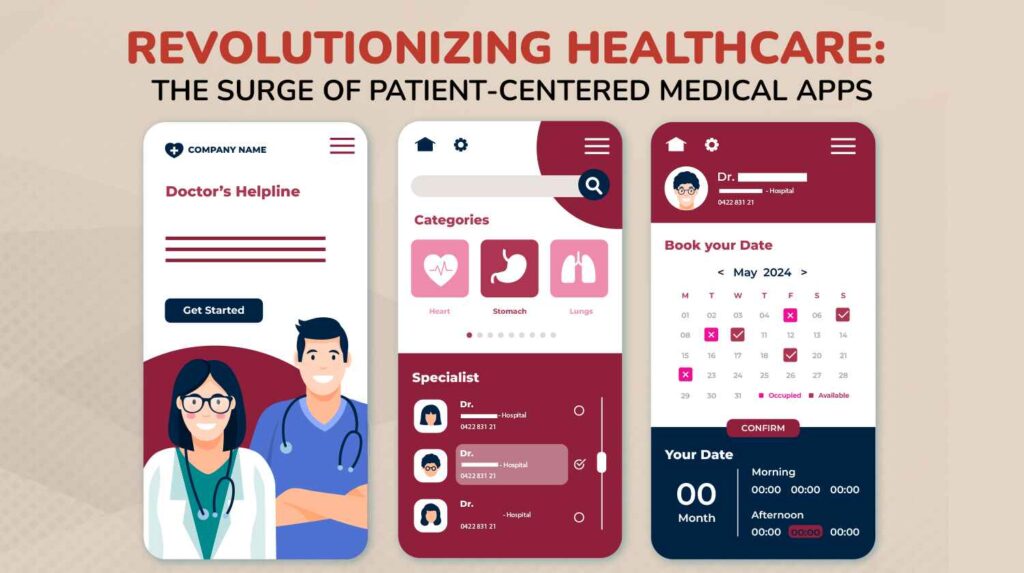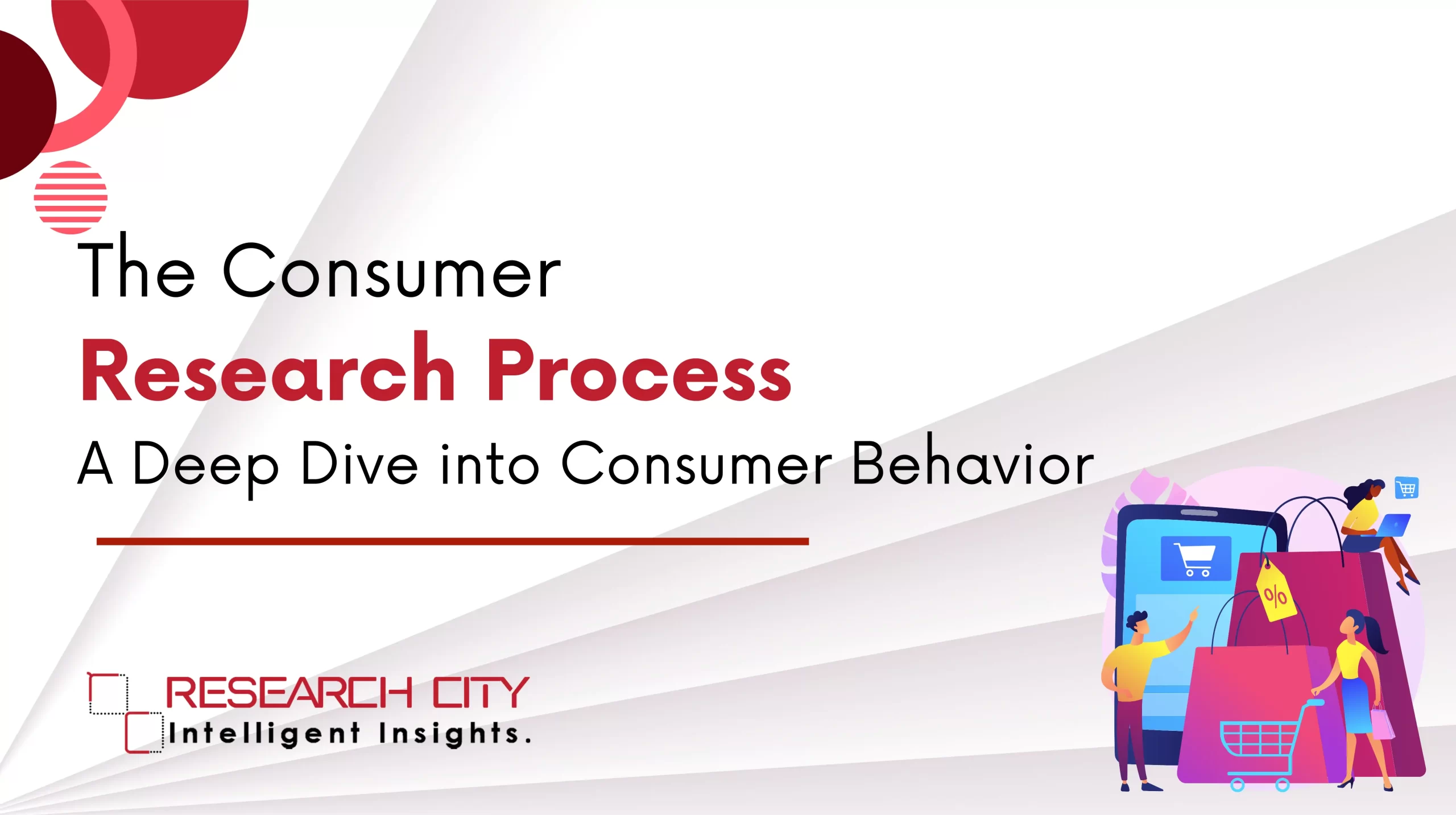In recent years, healthcare has witnessed a remarkable transformation driven by technological advancements. Among the most notable developments is the rise of patient-centered medical apps. These innovative applications are revolutionizing the way patients access and manage their healthcare needs, placing control firmly in the hands of the individual.
The Shift Towards Personalized Care
Traditionally, healthcare delivery has been largely provider-centric, with patients often playing a passive role in their own care. However, patient-centered medical apps are changing this paradigm by empowering individuals to take charge of their health. These apps provide a range of features and functionalities tailored to the specific needs and preferences of each user, offering a personalized healthcare experience like never before.
Accessibility and Convenience
One of the key benefits of patient-centered medical apps is their accessibility and convenience. With these apps, patients can access healthcare services and information anytime, anywhere, using their smartphones or other digital devices. This level of convenience eliminates many of the barriers that traditionally hindered access to healthcare, such as geographical distance or limited availability of healthcare providers.
Empowering Patients Through Information
Patient-centered medical apps are also empowering individuals through access to information. These apps provide users with comprehensive resources and educational materials about their health conditions, treatment options, and lifestyle management strategies. By arming patients with knowledge, these apps enable them to make informed decisions about their healthcare and actively participate in their own treatment plans.
Enhanced Communication and Collaboration
Another significant advantage of patient-centered medical apps is their ability to facilitate communication and collaboration between patients and healthcare providers. Through features like secure messaging, video consultations, and appointment scheduling, these apps enable seamless interaction between patients and their care teams. This improved communication enhances coordination of care, reduces delays in treatment, and ultimately leads to better health outcomes.
Future Implications
As patient-centered medical apps continue to gain momentum, their impact on healthcare delivery is expected to grow significantly. These apps have the potential to drive a shift towards more patient-centric care models, where individuals are actively engaged in their own health and well-being. Moreover, as technology continues to evolve, patient-centered medical apps are likely to become even more sophisticated, offering new functionalities and capabilities to further enhance the healthcare experience.
Conclusion
The surge of patient-centered medical apps represents a significant milestone in the evolution of healthcare. By putting the power of healthcare in the hands of the individual, these apps are revolutionizing the way patients access, manage, and engage with their healthcare needs. As we look to the future, patient-centered medical apps hold the promise of transforming healthcare delivery, making it more personalized, accessible, and effective for all.





